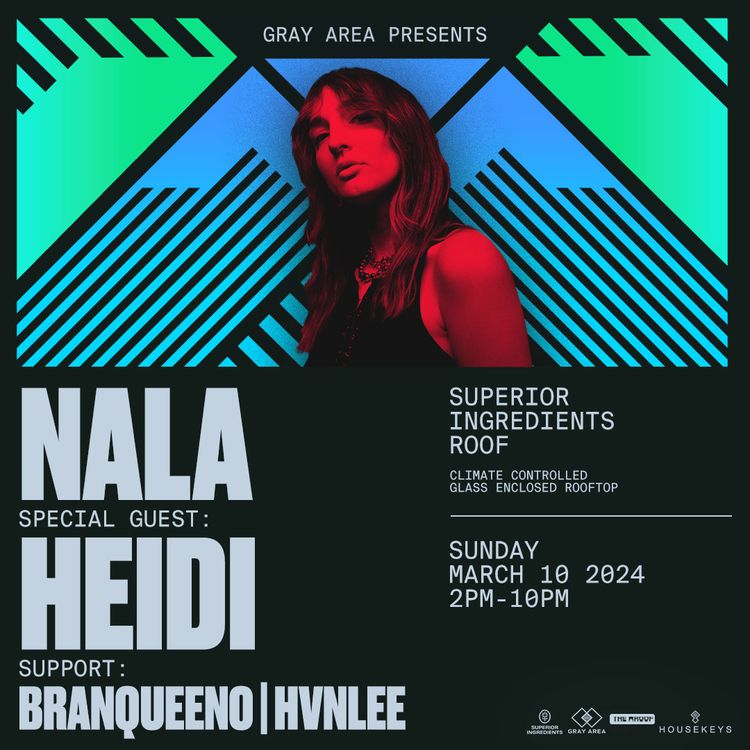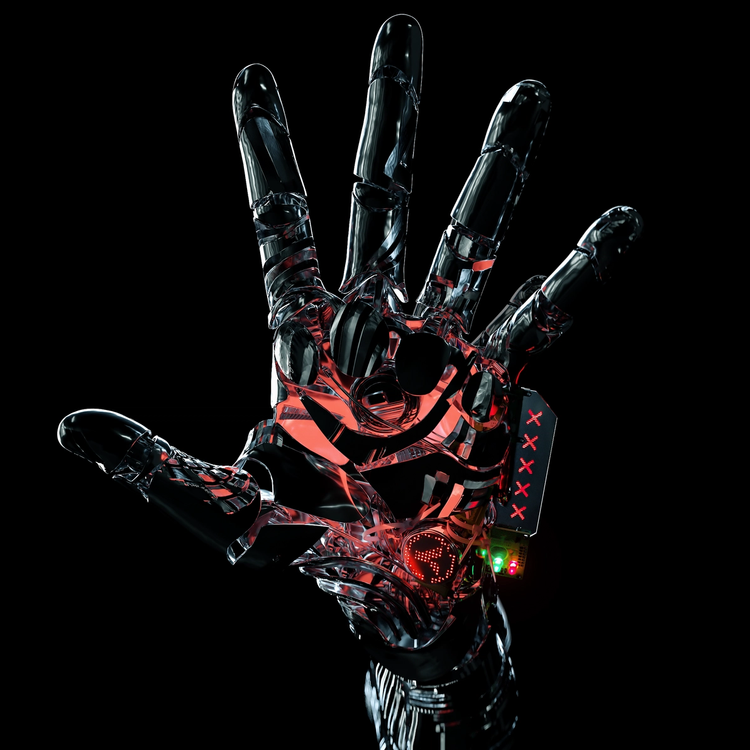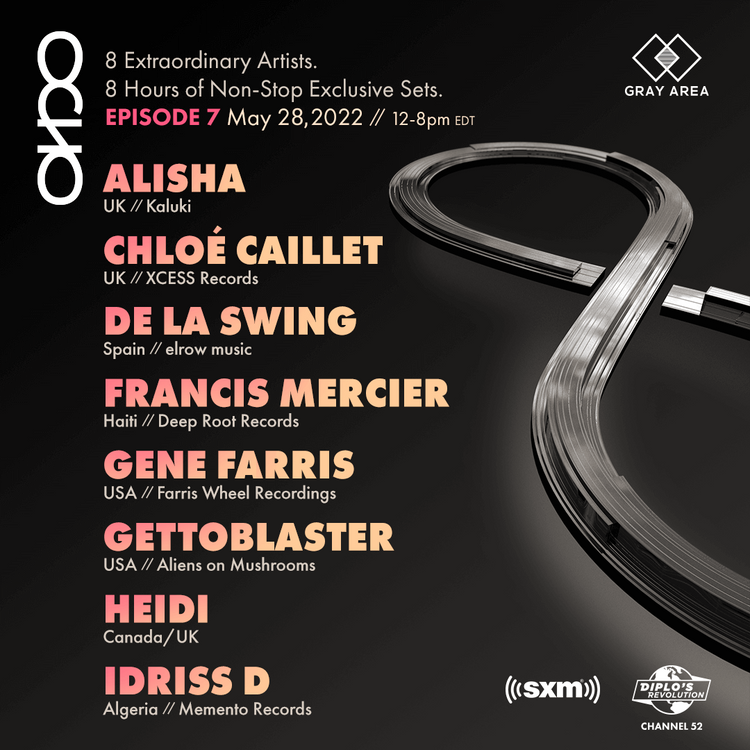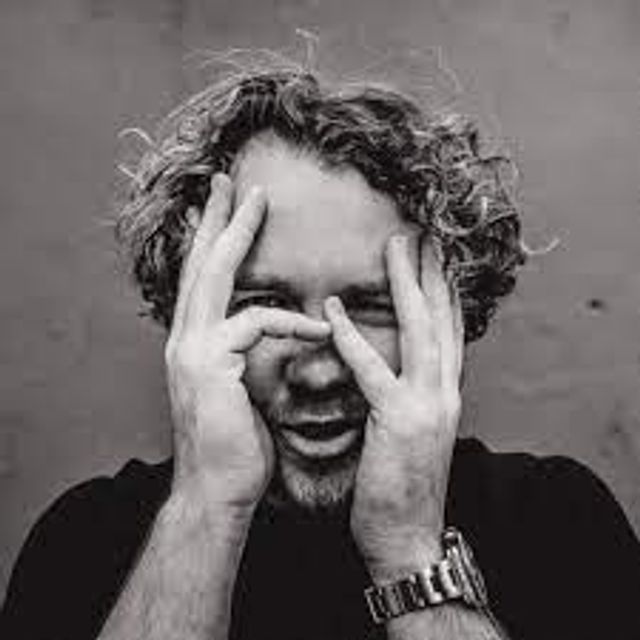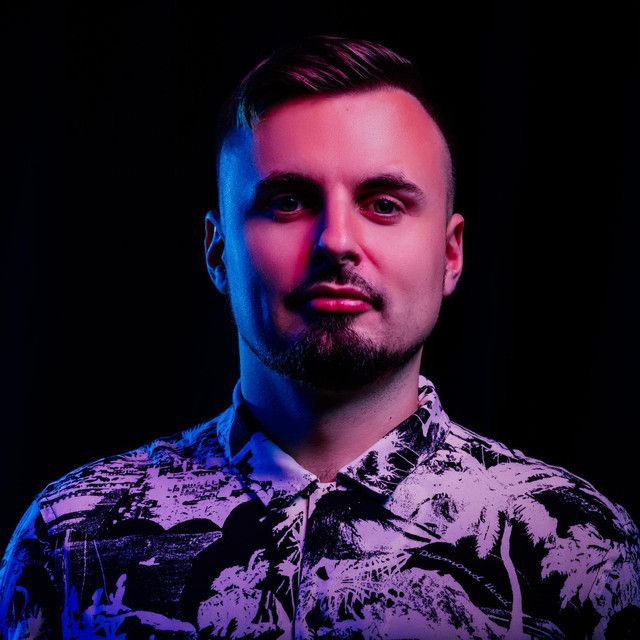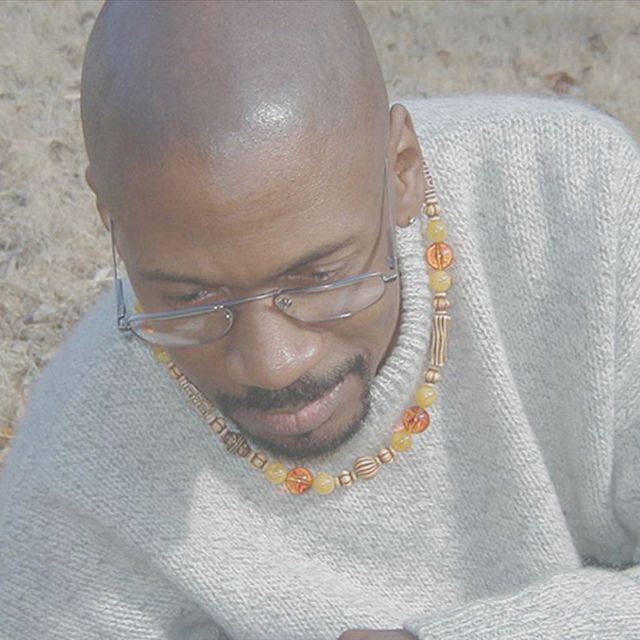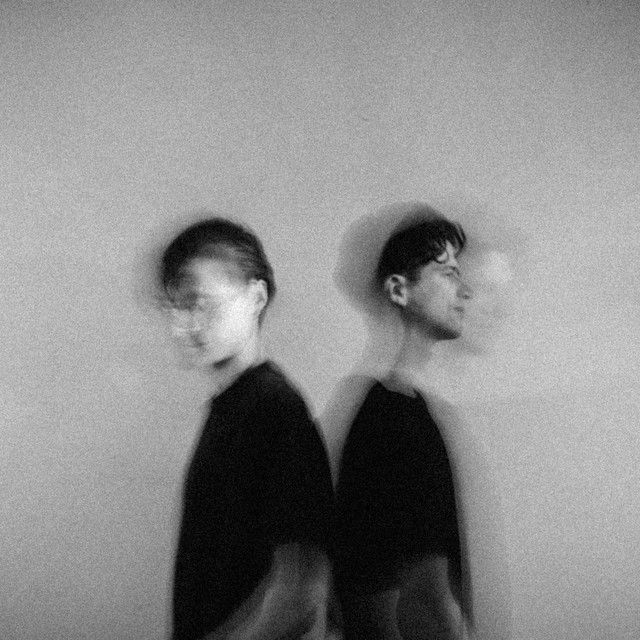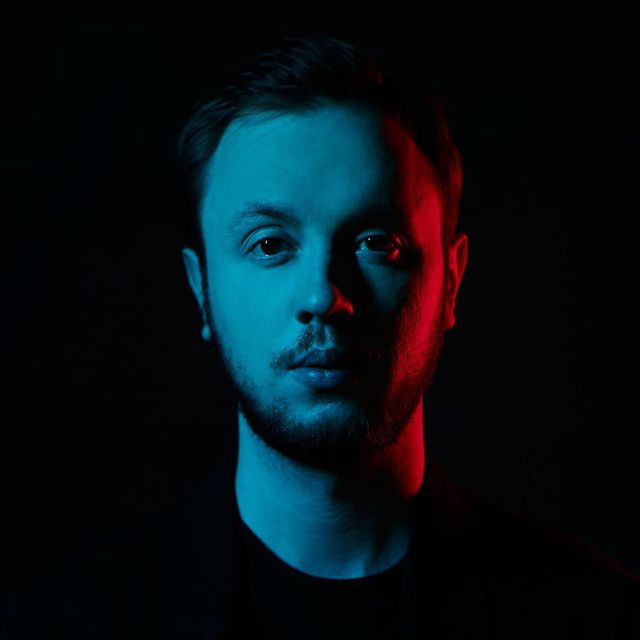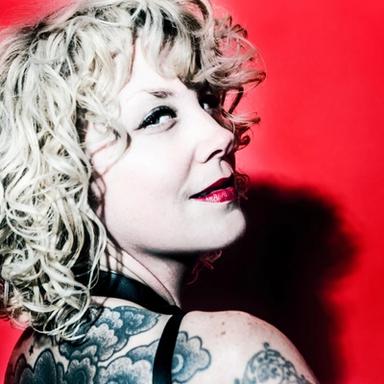
Heidi
Artist Spotlight
Every participant in the UK rave scene (and beyond) has benefitted from the unending passion and fiery effervescence of Heidi, who is known simply as Heidi when she’s holding down the decks at venues around the globe. For over 20 years, Heidi’s cultural contributions have spread across her work as a DJ, event producer, label head, radio host, and record shop owner. Despite that list of activities being simplified to DJing, for the time being, her musical fingerprints have left an indelible mark on dance music. In editorial features like these, it is commonplace to list off the subject’s achievements as world-shifting and groundbreaking, but in the case of Heidi, it is actually true, and a lot of it happened at random. Just like how it was random that Richie Hawtin happened to walk into a bar in Windsor, Ontario, where Heidi was bartending back in the mid-90s and asked her out on a date, during which they educated each other on their respective musical backgrounds. Hawtin’s taste was as expected. He was into esoteric experimental electronic stuff. He was producing Consumed at the time, after all. She learned all about the music that would carry her through her career (he also eventually gifted her a bunch of CDs from the likes of Plastikman, Carl Craig, and more). Hawtin was the catalyst for her education in dance music. At the time, Heidi wasn’t into house or techno. She was into rock and roll. She grew up in Windsor, Canada, just across the border from Detroit, in a house with parents who loved to rock out. “[My parents] had the best taste in music,” she tells Gray Area over Zoom from her home in London. In view through her screen, there are readily visible pictures of Prince (who is her absolute favorite artist of time) and David Bowie hanging on her walls. “There was always music on in the house. Rock music mostly. They were rock and roll peeps and I loved it. We even had music on during dinner. There was no quiet time in my house.” This great taste in music from her parents came along with their love to party as well. Heidi recalls being woken at 4 AM in the middle of the week to Black Sabbath and putting on childhood concerts in her home with family friends. “We’d put on concerts and sing our little hearts away and make music videos,” Heidi says. “I’ve always been a performer in my mind.” So when Heidi moved to England back in 2000, she wanted to work with rock bands as an A&R, but life led her towards being a DJ. However,as she tells us, “I never wanted to be a DJ. This happened by accident. This happened organically. This is not something I strived to be in my life.” But even before she had built a career as a DJ in the UK, Heidi made her first indelible mark on the country by helping to open Phonica Records in London in 2003. Phonica is far more than just a record shop almost twenty years later. It’s an institution in the London music community. Phonica curates stages at festivals like Junction 2 and hosts in-store sessions like their recent launch of Tiraquon Recordings with a DJ set from label head Space Dimension Controller. Before opening Phonica, Heidi worked at another famed record store, Kubla, with Simon Rigg, who continues to run Phonica today, and the late Tom Relleen, the other manager who unfortunately passed away during the pandemic. Then, in what she again describes as random, the property developers who invested in Phonica asked the trio to run their new shop. “I’m so happy that it’s still open. I have nothing to do with it anymore, but yes I did open it and I did work there, and ran that shit for quite a long time,” Heidi enthusiastically states. Working at the shop over the years, she would run into numerous figures in London’s dance music community, including her future colleague, the celebrated BBC Radio 1 broadcaster, Annie Mac. Shortly after Heidi departed from Phonica in 2007, she acquired a residency at BBC Radio 1 from 2008-to 2016. She started on the now-defunct program In New DJs We Trust from 12 AM to 2 AM on one Thursday a month with the focus of bringing very underground music to larger audiences. Then Heidi moved on to the residency slot every Thursday night from 10 PM to 12 AM. “That was better because more people were awake,” says Heidi. “I was only supposed to be on it for six months but I was on it for nine years. I was the longest resident on Radio 1.” With her veteran status in radio, Heidi would influence other prominent shows as well. She filled in for Pete Tong and Mary Anne Hobbs on occasion. Soon after Prince passed away, she even joined Annie Mac on her show to share her super fandom (apparently, Mac’s expert interview skills saved her from crying live on the air). But overall, Heidi's time on the radio was dedicated to pushing exciting new music and exciting new artists. “It was never about me. It was always more about everybody else. I was always a music pusher. I used to make mixtapes for people. I was always getting the imports from England. It had to be stuff that nobody knew. I was the one that people always came to for good music,” Heidi says. “That’s what the Jackathon parties were about.” Jackathon was the party series she started in 2009 to create an environment for her jacking sound (a sound she describes as inducing a scrunched-up bass face and raucous pelvic movement). By that time, she was well known from her time on the radio and DJing. However, her high-energy sound wasn’t ideal for the opening slots she was offered. So she threw a party where she played her music nonstop for eight hours. It was a Jackathon. “I took them to town for eight hours. I was relentless. I would not let up,” Heidi says. Eventually, the energy of the Jackathon became known within the scene, and Heidi was able to start a label arm, Jackathon Jams, that welcomed dozens of impressive artists, including Jimmy Edgar, Maya Jane Coles, Marc Houle, and more. Heidi no longer works at Phonica. She is off BBC Radio 1, and the Jackathon parties are no more (though they are coming back under a new name she will soon reveal). And yet, her influence and reputation persist. The DJ sets are still full of energy, and most of all, she still maintains her unending passion and fiery effervescence for dance music culture.

